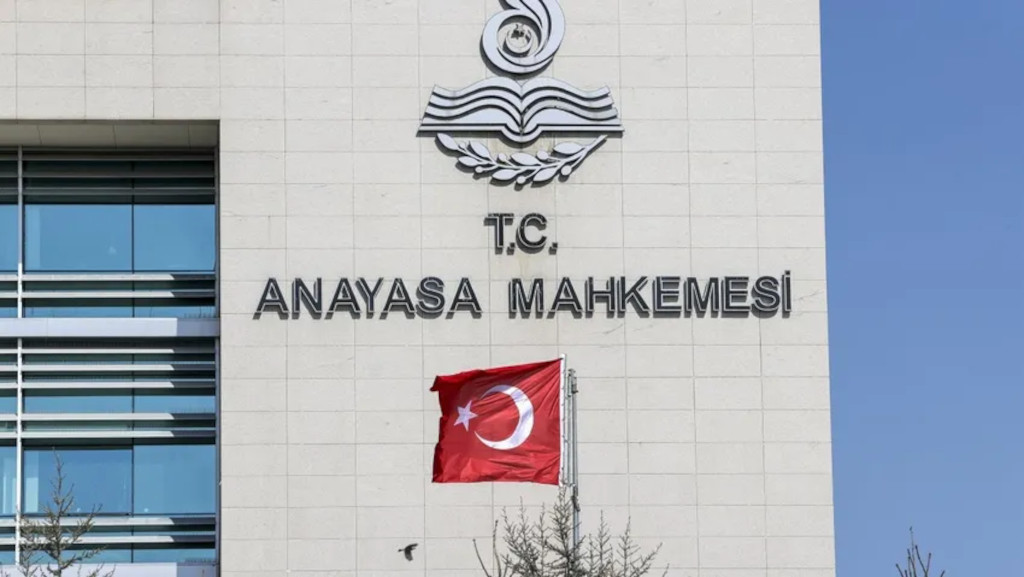Turkey’s Constitutional Court has said in a reasoned decision that it is lawful to arrest suspects even if the incriminating testimony of a secret witness is the only piece of evidence against the individual, sparking controversy among legal experts.
The top court recently ruled that a lower court had violated the rights of Rıza Barut, a town council member in Turkey’s Kurdish-majority city of Diyarbakır who was arrested in 2020 and jailed for a month on charges of membership in a terrorist organization.
In its reasoned decision, the court said the secret witness testimony in Barut’s case did not give any specific information that referred to the concrete elements of a crime.
However, the court added that if the secret witness testimony includes such specific information, it would provide grounds to arrest a suspect.
Speaking to Deutsche Welle’s Turkish Service (DW Türkçe), lawyer Celal Ülgen said that taking secret witness testimony as grounds to arrest a suspect would lead to a judiciary functioning like “a guillotine” in the hands of a political group, wielding trumped-up charges as a weapon against dissent.
Anayasa Mahkemesi, Türkiye’nin daha henüz karanlığın dibine vurmamış olduğunu düşünüyor olmalı ki, böyle bir karara imza atarak, temel hak ve özgürlükleri tamamen yok etmenin yolunu açmıştır. https://t.co/mS6UuzzzpB
— Prof. Dr. iur. Mehmet Köksal (@avmehmetkoksal) February 18, 2022
“The Constitutional Court must have been thinking that Turkey had not yet hit rock bottom, so they issued a decision like this to enable the destruction of fundamental rights and freedoms,” Mehmet Köksal, a lawyer and an academic, tweeted about the decision.
Tens of thousands of people are imprisoned in Turkey on the basis of accounts given to authorities by secret witnesses who remain anonymous, which often occurs in politically motivated trials.
Andrew Brunson, an American pastor who had lived in Turkey for over 20 years, found himself accused of spying and terrorism based on the statements of six secret witnesses. Brunson spent two years in pre-trial detention until Turkey released him after trial and conviction upon pressure from US President Donald Trump.

